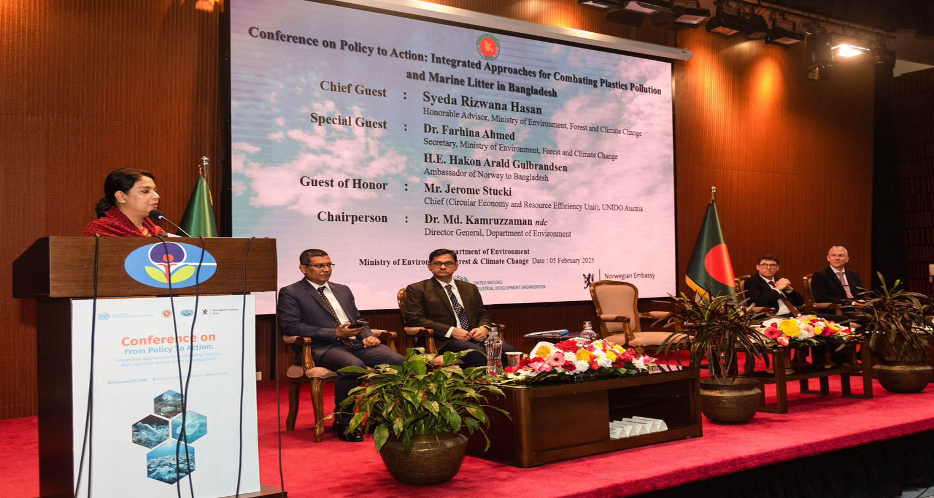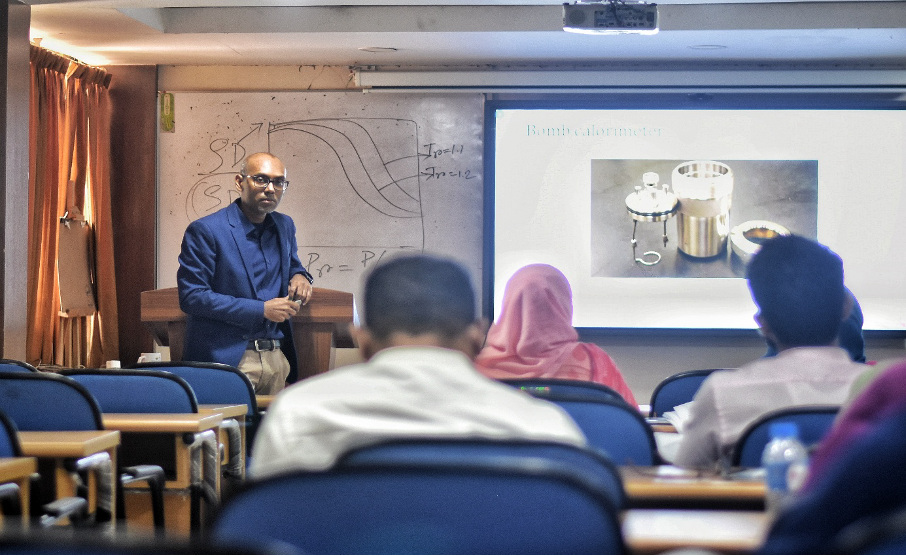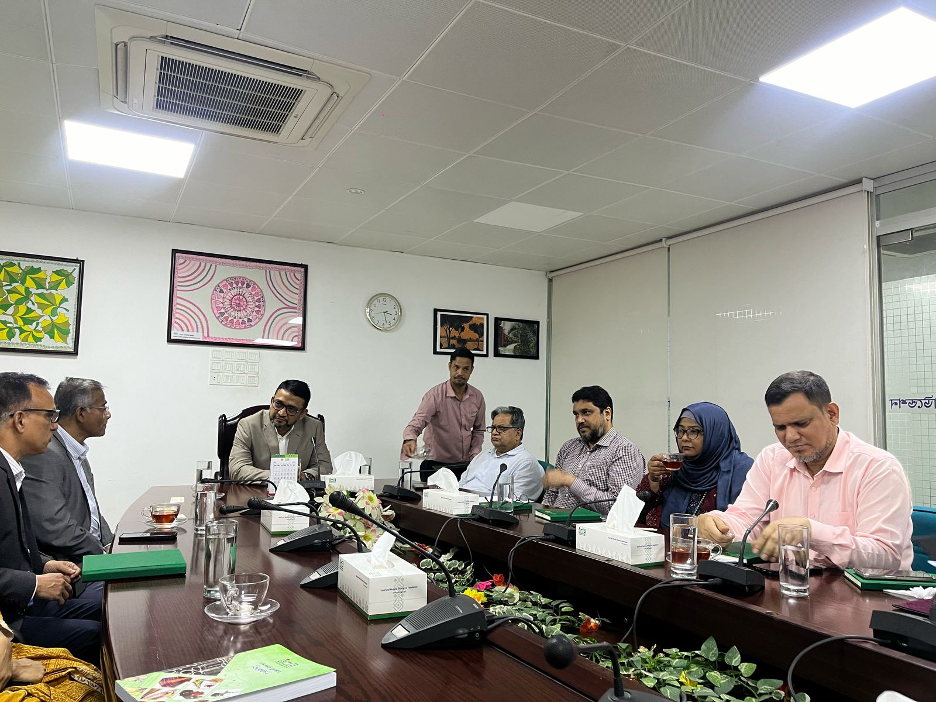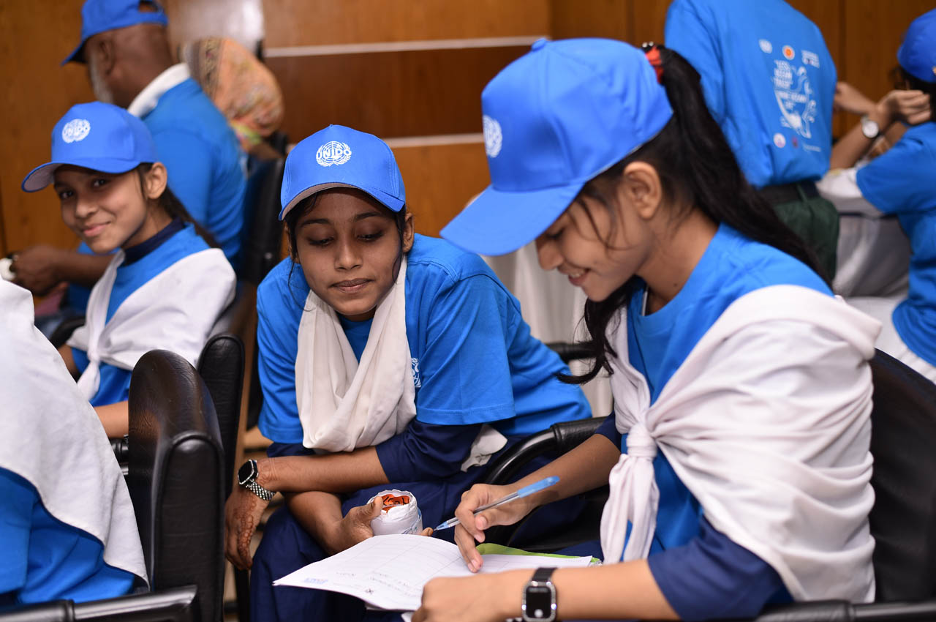Plastic pollution is one of the fastest-growing environmental challenges in Bangladesh. With rapid urbanization, increased consumption, and limited formal waste systems, plastic waste now clogs drains, pollutes rivers, and enters the Bay of Bengal. Microplastics are even being detected in fish, salt, and drinking water, threatening health, ecosystems, and livelihoods.
Understanding the Problem
Every year, Bangladesh generates over 800,000 tonnes of plastic waste—and only a fraction is formally recycled. The rest ends up in open landfills, burned in residential areas, or flushed into waterways. The informal sector plays a major role in collecting and processing plastic, often under unsafe and undervalued conditions.
At the same time, coastal communities and fisherfolk face mounting challenges from marine litter, including plastic waste caught in nets or washing up on shores. Plastic pollution is not just a solid waste issue, it is a climate, health, and equity issue.
Why PlasticPath?
PlasticPath is a national digital platform that brings together data, tools, research, and resources to support a coordinated response to plastic pollution in Bangladesh. Developed by the Department of Environment (DoE) with technical support from UNIDO and funding from the Royal Norwegian Embassy, the platform aims to strengthen transparency, encourage innovation, and enable action across sectors.
PlasticPath serves as a shared space for producers, recyclers, policymakers, researchers, and the public to understand the landscape—and be part of the solution.

What You Can Find Here
• National policies and guidelines, including the EPR framework and SUP phase-out plans
• Data and baseline assessments on plastic waste generation and recycling
• Training materials and manuals for RECP, informal waste management, and biomedical waste
• Innovation highlights from the Cleantech Accelerator Program
• Research and technical papers on plastic, marine litter, and circular economy
• Campaign resources for schools, markets, and coastal cleanups
• Compliance tools and voluntary agreements for brand owners and recyclers

Who Is This Platform For?
This platform is designed for everyone contributing to plastic reduction in Bangladesh:
• Brand Owners & Producers: Understand EPR requirements and explore sustainable alternatives
• Recyclers & Waste Workers: Access technical guidance and business support
• Government Agencies: Align with policy benchmarks and regulatory tools
• Academics & Researchers: Download data, contribute papers, and access global guidance
• Civil Society & NGOs: Use outreach materials and learn from community models
• Youth & Educators: Launch Eco-Clubs, lead cleanups, and join national campaigns

Why This Matters Now
Bangladesh is at a turning point. The National Action Plan on Plastic Waste (2021–2030) sets clear goals, and the EPR framework is nearing finalization. But without accessible data, shared learning, and broad engagement, the transition to sustainable plastic use cannot succeed.
Microplastics continue to spread silently. Coastal communities continue to struggle. Informal workers continue to operate without support. A centralized platform like PlasticPath is not just helpful, it’s necessary.
Join the Movement
PlasticPath is a growing, evolving platform. We invite you to explore, contribute, and stay engaged.
- Give Feedback
- Share your reports
- Submit your innovations
- Learn from others
- Join upcoming events

Upcoming Events
Patharghata Clean-up Event
- 11 Dec, 2025
- Patharghata
- Register Now
Barguna Sadar Clean-up Event
- 10 Dec, 2025
- Barguna Sadar
- Register Now
Pirojpur Cleanup
Every cleanup starts with someone willing to take the first step. By registering as a Community Leader, you’re not just signing up for an event — you’re committing to be part of a growing mov...
- 22 Sep, 2025
- Pirojpur, Bangladesh
- Register Now